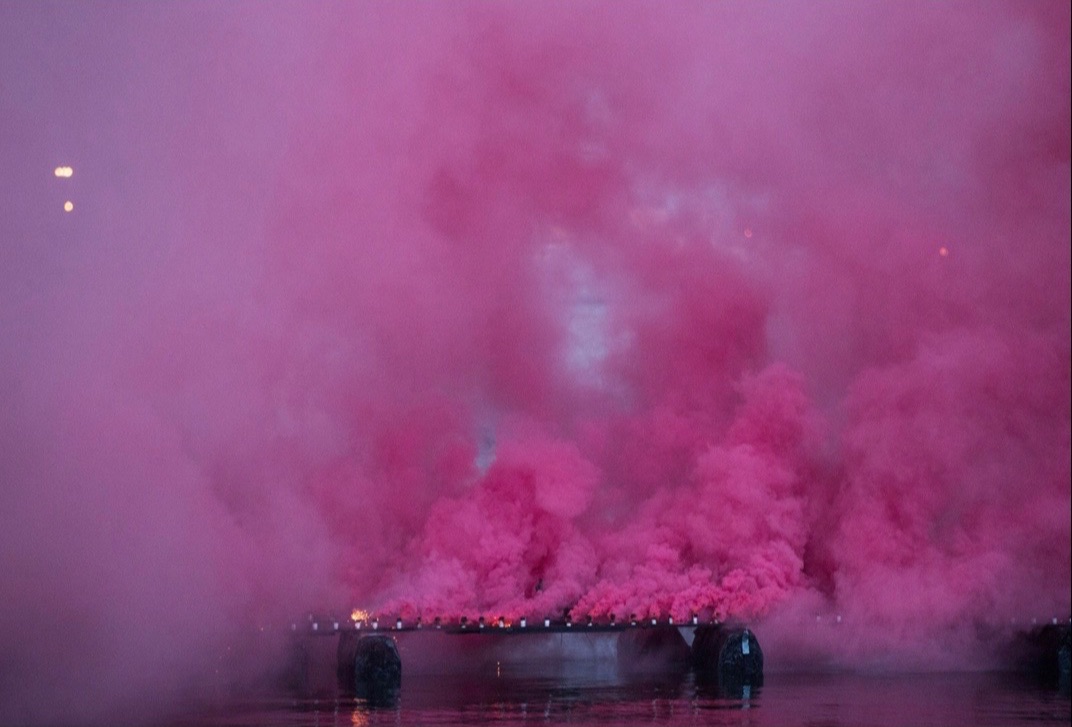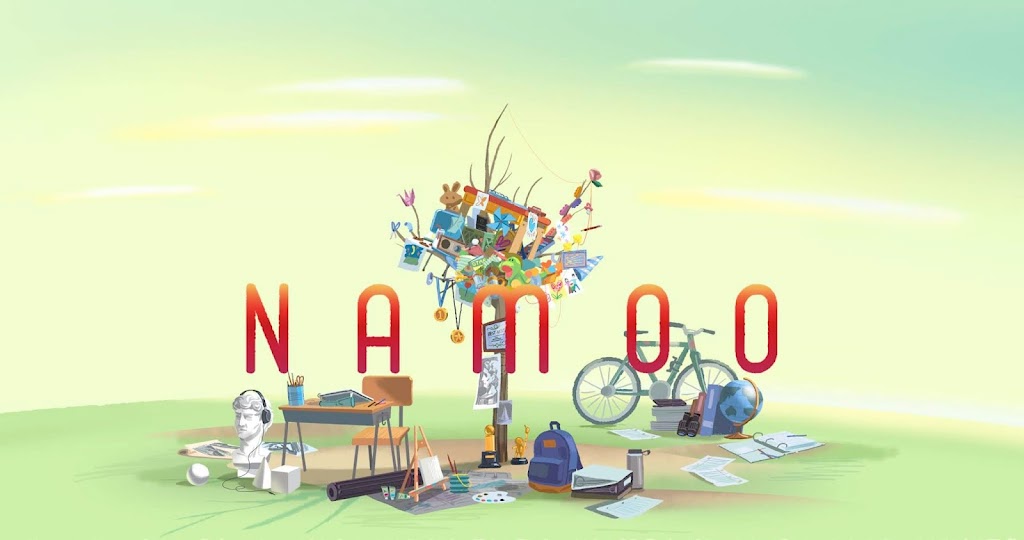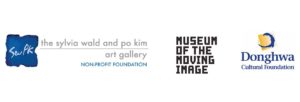JUNE 8, 2022 – SEPTEMBER 15, 2022
Manifest, Unmanifest XII presents a site-specific sound and light environment in which various interdependent media collectively create an intersubjective space as a unified continuum. This twelfth edition in Choi’s series of environmental compositions exploring the concept of “Manifest, Unmanifest” features six recent works including large-scale multimedia installations, light point drawings and a sound environment, which completely envelop the listener’s body in the physical experience of sound vibrations and standing waves. Through a synthesis of light, incense and sound, Choi creates an immersive environment where opposites are not separate entities, but rather exist in synchronicity. The environmental composition’s constantly evolving aural-visual forms and patterns unveil a micro-macro dialogue between states of flux and stability and reveal the constantly changing, transient nature of the manifested reality.
ABOUT JUNG HEE CHOI
Jung Hee Choi is an artist and musician who works in video, performance, sound and multimedia installations. Her work has been presented in the United States, Europe, and Asia including FRAC Franche-Comté, France; Berliner Festspiele, Bundeskunsthalle, Germany; Dia Art Foundation, Guggenheim Museum and MELA Foundation Dream Houses, NYC; FRESH Festival, Bangkok; Korea Experimental Arts Festival. Choi is the senior disciple of La Monte Young and Marian Zazeela with the traditional Kirana gandha bandh red-thread ceremony taking place in 2003. In 2002 she co-founded, with Young and Zazeela, The Just Alap Raga Ensemble and has performed as a vocalist in every concert. Choi’s electroacoustic and modal improvisation ensemble, The Sundara All Star Band, premiered in 2015. The members include Young, Zazeela, Choi, Jon Catler, Hansford Rowe and Naren Budhkar. The New York Times listed Choi’s Tonecycle for Blues performed by her Sundara All Star Band as one of The Best Classical Music Performances of 2017. Since 2009 Choi’s long-term multimedia installations have been presented both solo and simultaneously with Young and Zazeela’s sound and light in the MELA Dream House creating a continuous collaborative environment.
Manifest, Unmanifest XII is produced in collaboration with the Donghwa Cultural Foundation and is sponsored in part by the MELA Foundation.





















